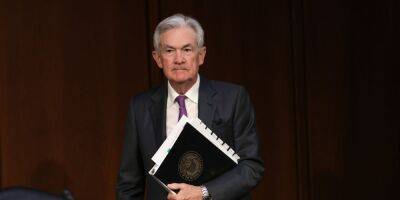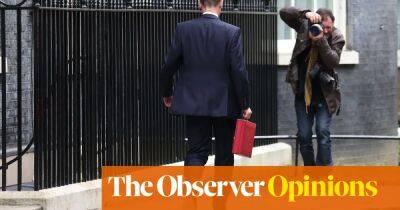Brussels tries to form united front against Putin’s oligarchs
It has been a long year since Liz Truss launched a rolling programme of sanctions on Russia’s oligarchs. Speaking three days after the invasion of Ukraine, the foreign secretary, as she was then, signalled an end to the UK government’s no-questions-asked approach.
“We are targeting oligarchs’ private jets, we’ll be targeting their properties, we’ll be targeting other possessions that they have,” she told Sky TV. “There will be nowhere to hide.”
For two decades, Moscow’s gold flowed into the British property market, its private schools, its football clubs. Russian industry was capitalised in London, with dozens of companies listed on the stock exchange and debt sales organised by City banks. Russian money made its way into politics too. Lubov Chernukhin, wife of a former Russian finance minister, gave so much money to the Conservatives that she is known as the biggest female political donor in British history.
We are in a different world now. As the anniversary of the Ukraine war approaches, it is time to ask how effective the measures to curb the power and influence of those who benefited financially from Vladimir Putin’s regime have been. Have the oligarchs really nowhere to hide?
Not quite. The impact on lifestyles is very real. Travel bans mean yachting holidays in the Caribbean, ski trips to Verbier and private jet flights between one European capital and another are no longer possible. The freedom to invest and move money has been curtailed. More than 35 companies with links to the Russian state or blacklisted oligarchs have had their shares suspended in London.
But enforcement of sanctions has been patchy. There are three big factors limiting their efficacy: offshore secrecy, national differences in regulation, and the
Read more on theguardian.com










